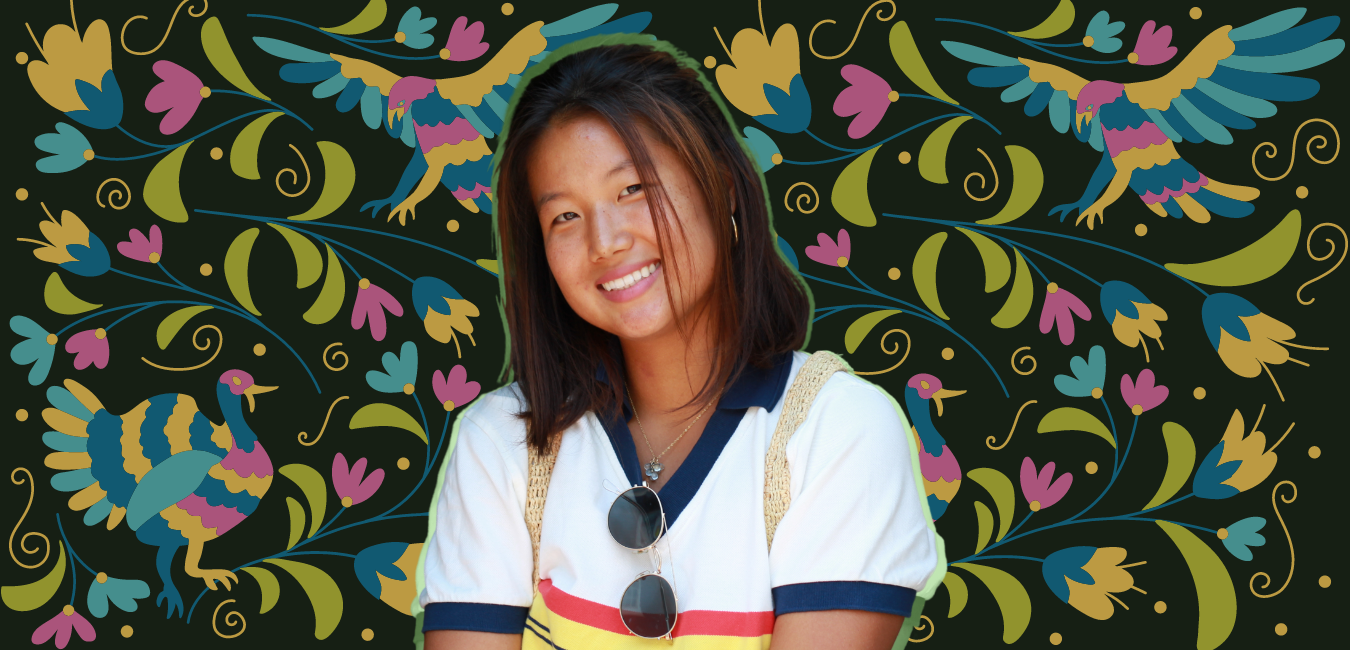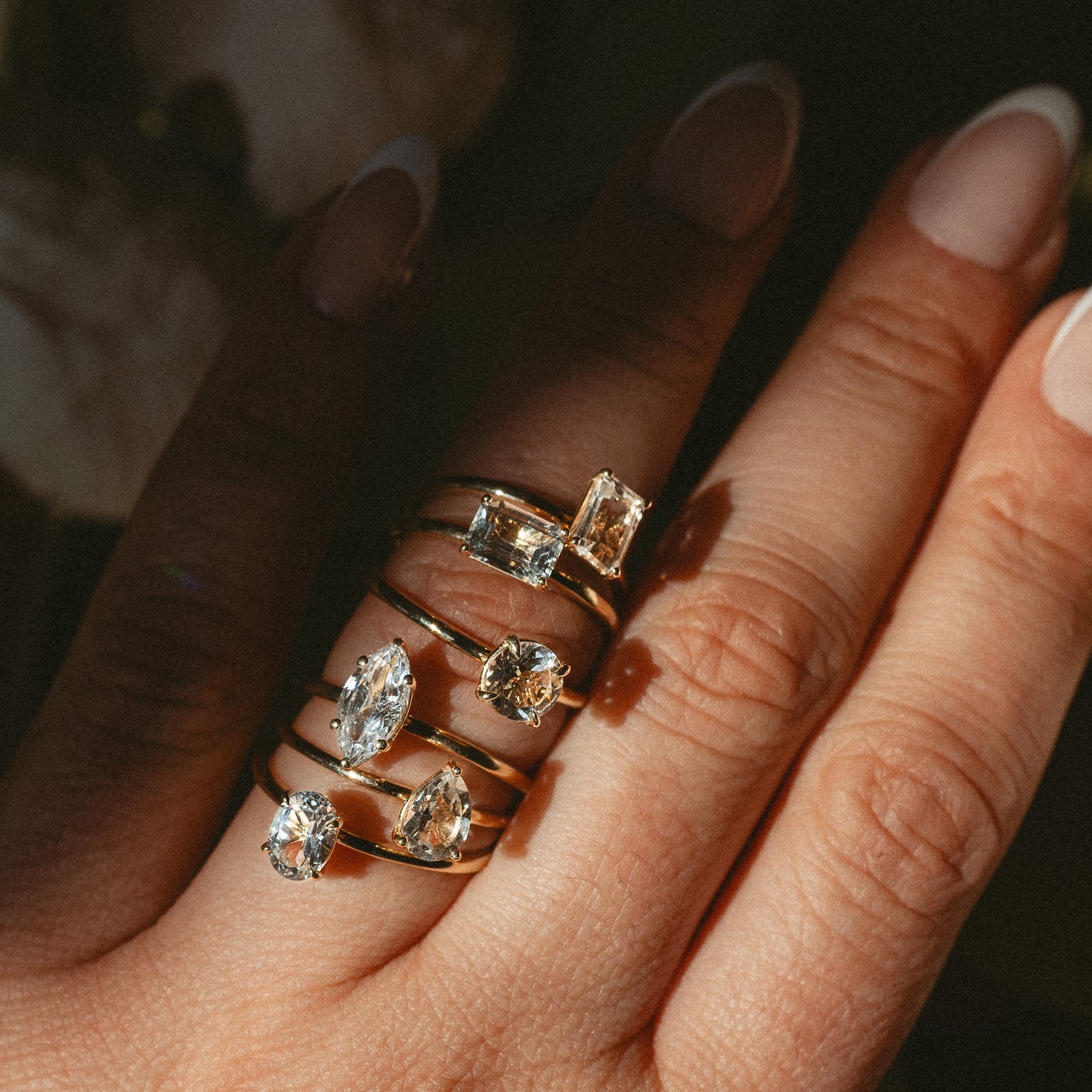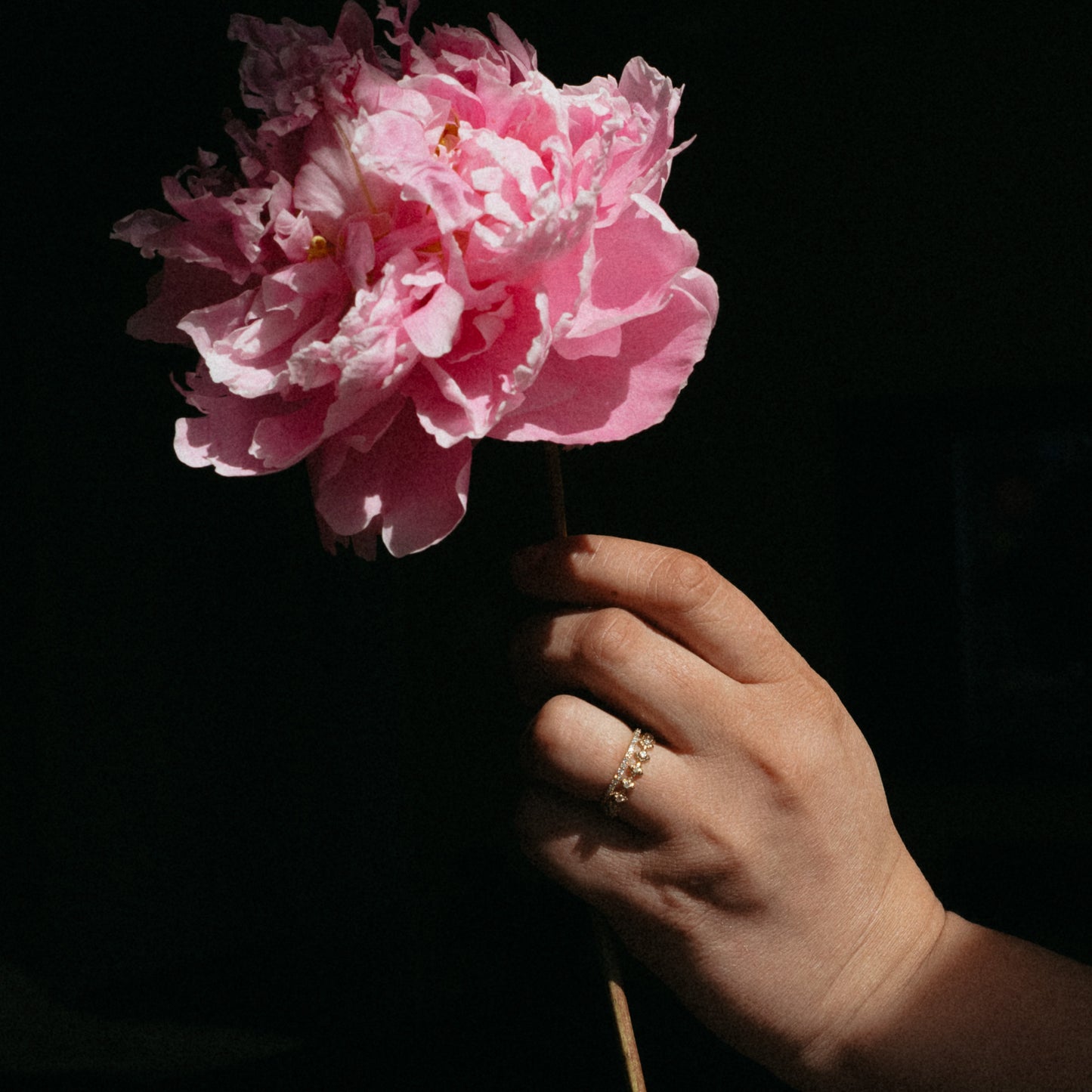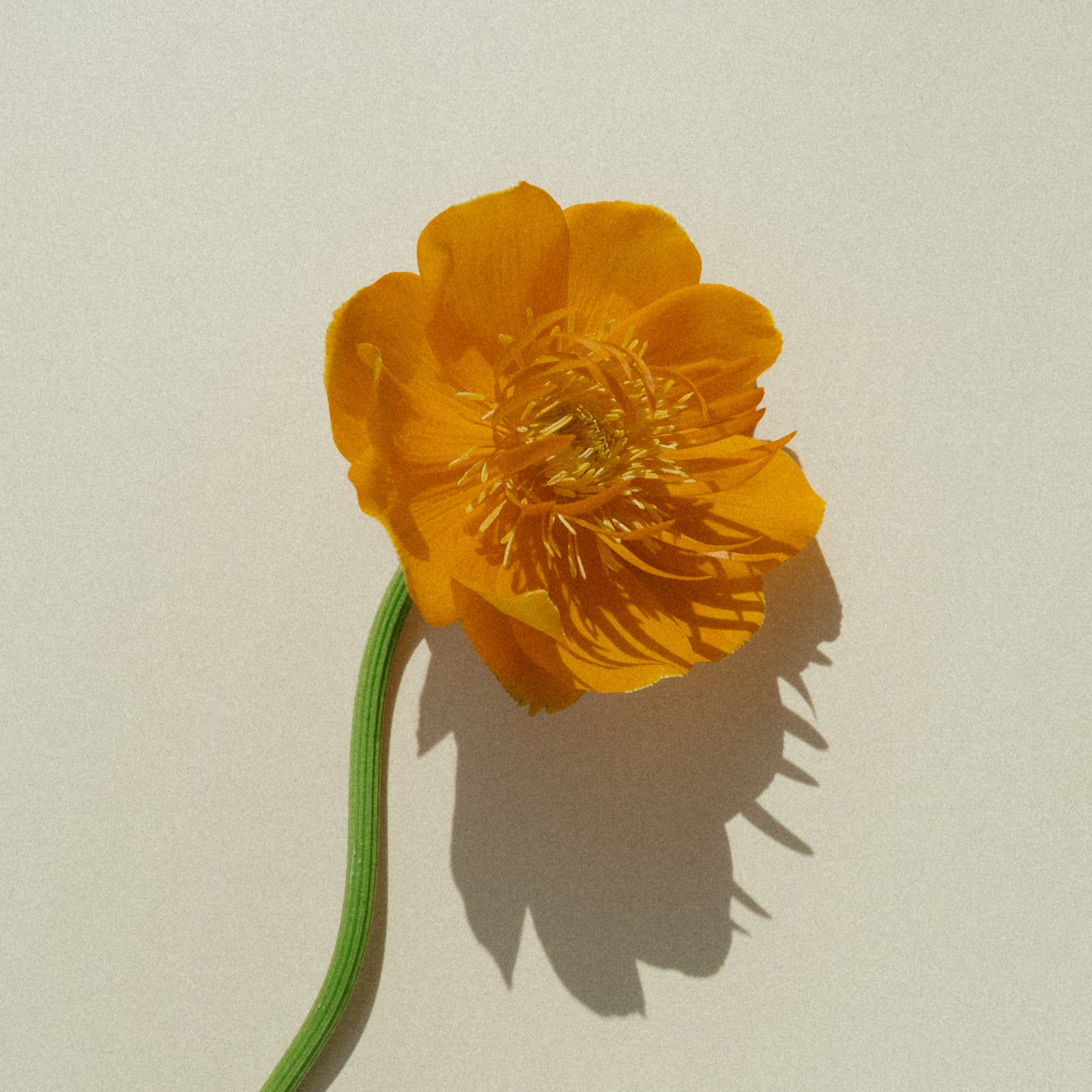I recently had a very thought provoking conversation with a close friend. It began when I was telling her that self expression is so available these days. Everything I do or say, what I post on social media, what I’m reading, says something to the world about who I am.
To this, she responded:
“I have a deathly fear of expression -- I have since I was in middle school, when I learned there was such a thing as “uncool” and that people could judge me about things. For a long time, I have been very intentional about blending in, but I just recently realized that if I don’t express anything then people don’t know who I am, and putting something out into the world is one way to connect with others. I’m accepting that it’s okay for me to communicate something about myself to the world, and now I’m learning to lean into that, pushing the boundaries, and exploring ways to reclaim my identity.”
Hearing those words took me back to a time in my life when I felt similar sentiments, in the context of expressing my cultural identity. I spent all of high school and most of my college years trying to blend into my surroundings at predominantly white institutions, and stifled any form of appreciation towards my Japanese roots. As I reflect on this period, I see now that my whitewashed self was a result of both voluntary actions and subconscious assimilation. I spoke as little Japanese as possible, and my actions, style, music taste, and much more mirrored that of my friends and peers. After years of intentionally distancing myself from Japanese culture, attempting to fit into the mold of white culture became a natural way of life for me.
My education in my late college years acted as a catalyst for me to accept and appreciate my cultural identity as a Japanese immigrant. Specifically, my senior year, I decided to write my senior thesis on a cross cultural examination of early education systems in Japan and the United States. My original plan was to create a research-based piece on the ways in which social collectivism and individualism inform the practical differences in each education system.
But shortly after starting the project, I realized that I could not write about this matter in a detached and purely academic way, and decided to write a part narrative, part research piece. I tied in my own experiences attending Japanese schools during my childhood visits to Japan, drew from my own perspective of living at the intersection of these two cultures, and incorporated my personal struggles of making sense of two very different value systems. I ended up writing a hybrid of a memoir, a historical study, and a philosophical examination of how culture manifests and informs practices within early education.
As I wrote, I realized that this thesis was more than just an academic exercise. It became a deeply personal examination of my own self, and through the process, I unraveled years of internalized sentiments about how I perceived my own identity, my identity in its truest form, and the tension between the two. It was deeply uncomfortable at times, and I found myself reflecting on difficult questions that I had never asked before. Becoming self aware that there was a fundamental disconnect between the way I expressed myself outwardly, and who I really am, was a pivotal point in my life and it truly felt like a coming of age moment.
It’s not far fetched to say that, through academia, I found myself.
By virtue of understanding myself better, I reached new depths in my sense of where I stand in relation to the world around me. Coming face to face with these newfound truths sparked a sense of pride that had been itching to make itself known. Since then, I have been making small but intentional efforts to reclaim this part of my cultural identity which I had hidden for so long. For me, it started with language and food. Bit by bit, I started making a conscious effort to cook more Japanese food, and trying to become more fluent in Japanese. These are the baby steps that I chose to start with, in closing the distance that I had previously asserted between myself and Japanese culture.
I often wonder if there was any way that I could have skipped the years of whitewashing and gotten straight to where I am now. But looking back, I realize that this is unlikely. Aside from my family and a few childhood friends, I was never really exposed to a community which taught me how to celebrate Japanese identity within overwhelmingly white spaces, and I struggle to think of any accessible avenues for expressing my Japanese identity at the time.
The women from Cadena and I may not have the same experiences or share the same background, but when I speak with them, and when I hear them talk about their vision for Cadena Collective, I see that our narratives intersect and overlap. There are parallels between our stories and upbringings, and I resonate deeply with their desire to reclaim and reinvent identity because I’ve been in those shoes before. When I think of Cadena Collective, I think of something similar to what I wish I had access to when I was growing into myself.
This is why I am passionate about working alongside them to elevate Cadena Collective and broaden its reach. This brand embodies the act of creating an intentional space to celebrate culture -- in this case, Latinx -- through conversation, education, and honoring its rich history. The jewelry and clothing sold on Cadena Collective represents Latinx beauty, and gives young women a way to reclaim their cultural identity through dress.
Sure, clothing is just textile stitched together, but it can also take on a multitude of other meanings. The pieces sold on Cadena Collective carry a special significance, and differ from goods which are made in bulk at a factory. This is because each pair of earrings and each article of clothing sold on their site is a piece of art, carefully crafted by locally sourced materials, and handmade by female artisans. Each vibrant color sewed into the garments, each bead hand selected and woven into a pair of earrings, reflects an intentional decision to create cultural artifacts which embody the beauty of Latinx culture.
To wear these pieces is to put something out into the world, to boldly express oneself.
Despite the availability of self expression these days, reclaiming one’s identity can still be nuanced and complicated. At least, this has been the case for me. As I’m still exploring how to fully give myself to this process, seeing Alejandra channeling similar struggles into a community like Cadena Collective, empowers me to keep finding small ways to keep making my own progress.





